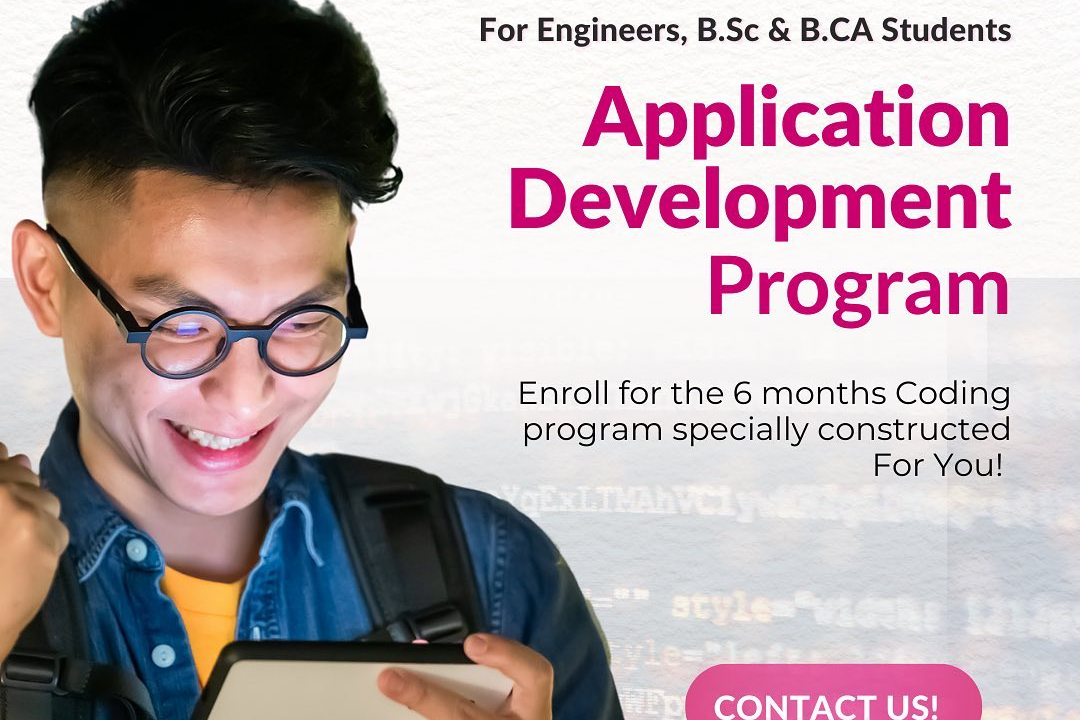Java For Android Development
Mastering Java for Android App Development
Java For Android Development
Java is a primary programming language used for Android app development, leveraging its object-oriented programming principles to create robust, scalable, and maintainable applications. With the Android SDK (Software Development Kit), developers can utilize Java to build rich user interfaces, access device hardware, and manage application lifecycle events. Java’s extensive libraries and frameworks, combined with its vast community support, make it an ideal choice for both novice and experienced developers. Although Kotlin has gained prominence in recent years as a preferred language for Android development, Java remains a foundational language, with many existing apps and resources built upon it.
To Download Our Brochure: https://www.justacademy.co/download-brochure-for-free
Message us for more information: +91 9987184296
1 - Java Programming Language: Java is a versatile and powerful programming language that is widely used for various applications, including Android development. Its syntax is similar to C++, making it accessible to many developers.
2) Android SDK: The Android Software Development Kit (SDK) provides the tools and libraries needed to create Android apps. Java is one of the primary languages used in conjunction with the Android SDK.
3) Object Oriented Programming: Java's object oriented features allow developers to create modular programs and reusable code, which is essential for managing complex mobile applications.
4) Android Studio: This is the official Integrated Development Environment (IDE) for Android development. It supports Java and is equipped with advanced tools for code editing, debugging, and performance analysis.
5) APIs and Libraries: Java provides access to a wide range of libraries and APIs that enable developers to implement various functionalities in their applications, such as database management (SQLite) and network operations.
6) User Interface Design: Java is used to define the layout and functionality of app interfaces in Android. Understanding XML layouts combined with Java is crucial for developing user friendly applications.
7) Event Handling: Java's event driven programming model allows developers to define reactions to user actions (like button clicks), enhancing interactivity within apps.
8) Android Components: Familiarity with Java enables developers to understand key Android components such as Activities, Services, Broadcast Receivers, and Content Providers, all essential for app architecture.
9) Multithreading: Java provides built in support for multithreading, which is critical for creating responsive applications that can execute tasks in the background without freezing the user interface.
10) Data Persistence: Java allows developers to use different methods for data storage, including Shared Preferences, SQLite databases, and files, providing flexibility in how data is managed within apps.
11) Networking: Java supports various networking protocols, enabling apps to communicate over the internet. Understanding Java networking can help students create apps that integrate with web services and APIs.
12) App Lifecycle Management: Java facilitates understanding the Android app lifecycle, allowing developers to manage how apps respond to system events and user interactions effectively.
13) Performance Optimization: Students will learn best practices for optimizing Java code for Android, ensuring efficient memory usage and improved performance, which are crucial for mobile apps.
14) Debugging Techniques: Java's strong debugging and error handling capabilities help students learn how to troubleshoot code effectively, ensuring the creation of robust applications.
15) Community and Resources: A strong Java developer community offers extensive resources, forums, and documentation, providing students with an invaluable support network as they embark on Android development.
16) Career Opportunities: Proficiency in Java for Android development opens up a wide range of career opportunities in software development, mobile application development, and beyond, enhancing students’ employability.
17) Cross Platform Development: Understanding Java can also pave the way for learning cross platform frameworks like Cordova and LibGDX, broadening students' skill sets and potential project scope.
18) Version Control Systems: Students will also be introduced to using version control systems like Git, which are essential for collaborative project development in Java and Android.
This training program outline aims to equip students with comprehensive knowledge and skills in Java for Android development, preparing them for real world programming challenges.
Browse our course links : https://www.justacademy.co/all-courses
To Join our FREE DEMO Session: Click Here
Contact Us for more info:
ADVANCE JAVA FULL COURSES
python training in trivandrum
Flutter Training in Palghar
Flutter Training in Jodhpur
manual testing course fees











